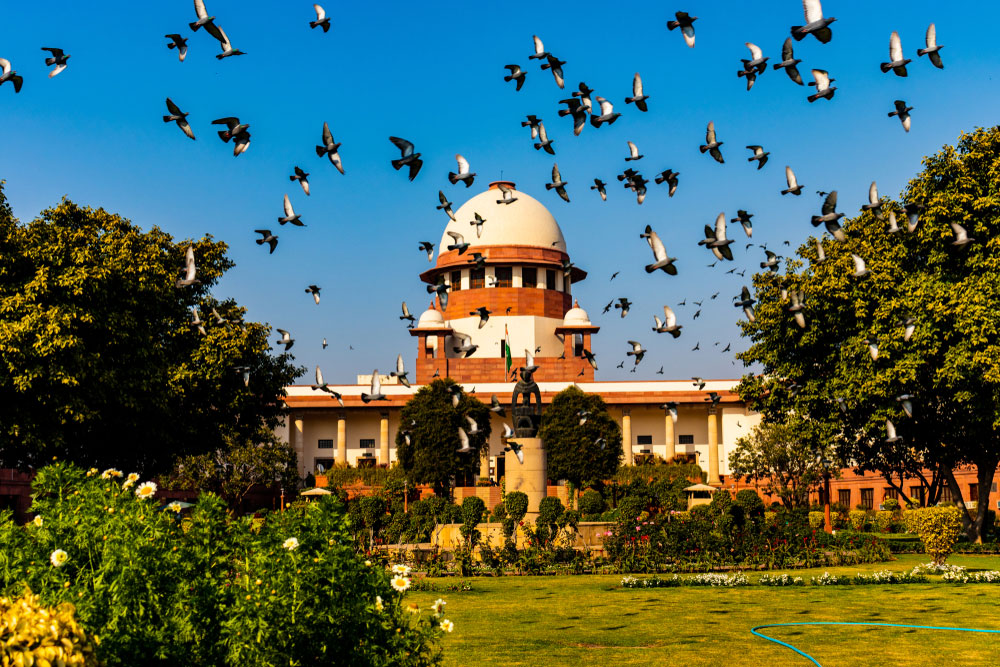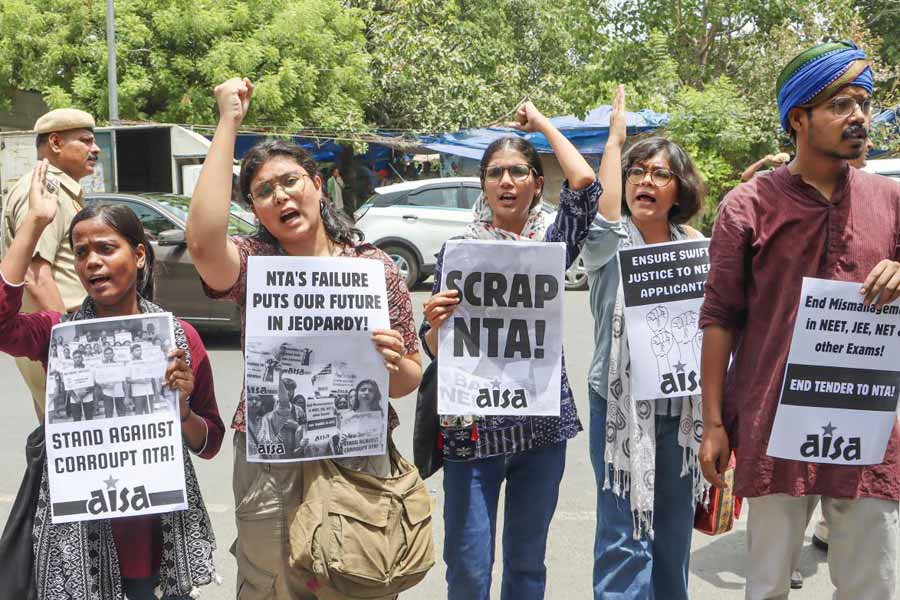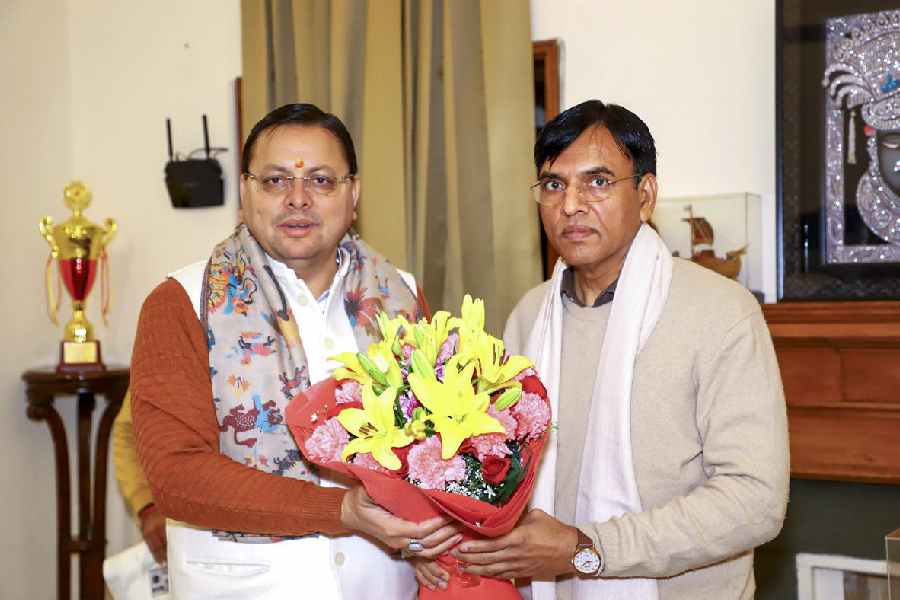The revocation of Jammu and Kashmir’s special status was undemocratic because Parliament lacks the power to amend or abrogate Article 370, and because this was done when the erstwhile state was under President’s rule, a batch of petitions told a five-judge constitution bench on Tuesday.
They said that under the Constitution, the President cannot scrap the provision without a recommendation from the state’s Constituent Assembly, which in any case stood dissolved in the mid-1950s.
And with President’s rule in place and the state Assembly dissolved, the decision reflected neither the will of the people nor the concurrence of the state legislature, the petitioners said.
“The recommendation made by Parliament on behalf of the Constituent Assembly of the state (and by implication, legislative assembly of the state) is undemocratic not only for want of will of the people of the state but also undemocratic for want of public reason,” senior advocate Raju Ramachandran told the bench of Justices N.V. Ramana, Sanjay Kishan Kaul, R. Subhash Reddy, Bhushan Gavai and Surya Kant.
“The haste and the perfunctory nature of the proceedings in Parliament (relating to) a change of this nature clearly violate the principle of deliberative democracy. Given the lockdown and prohibitory orders in place in the state from the previous days, it could not have been possible for the people to either express their views on the matter in public, enabling the members of Parliament to reflect and deliberate on them, or reach out to their representatives in Parliament for appropriate deliberations.”
Tuesday witnessed the first hearing of the petitions that have challenged the August 5 abrogation of key provisions of Article 370 and the subsequent amendments to the Constitution to remove Jammu and Kashmir’s statehood and bifurcate it into two Union Territories.
Ramachandran argued that President’s rule was meant to be a temporary provision until the restoration of an elected government; it could therefore not be used to permanently alter a state’s character.
“Federalism, therefore, places an implied limitation upon the powers of the President during President’s rule, namely, a limitation upon the President’s power to change the status of the federal unit itself,” he said.
The constitutional orders through which the special status was removed and the Jammu and Kashmir Reorganisation Act, 2019, were therefore unconstitutional because they involved the impermissible use of powers under Article 356 (which allows President’s rule), Ramachandran said.
He argued that the will of the people found no expression in the concurrence of the state government, provided by the governor, who was merely substituting for a popularly elected government as an emergency measure.
“Without an Article 356 proclamation in operation, such concurrence could have been provided only pursuant to aid and advice of the council of ministers of a government that is popularly elected,” Ramachandran said.
“Absent that, the concurrence is invalid and liable to be set aside for want of due process. The purported concurrence of the government of the state of Jammu and Kashmir is not the concurrence contemplated by Article 370(1), but the concurrence of an agent or delegate under Article 356 of the President giving his consent.”
Further, he argued that the concurrence was undemocratic for the want not only of public will but of public reason.
“The record indicates that neither the President nor the governor held any consultations on the issue either with the public at large or with members of the legislative council,” he said.
Ramachandran added: “There is no precedent in our constitutional history, after the concept of Union Territories was introduced in the Seventh Amendment to the Constitution, in which a state was completely extinguished and reduced only to Union Territories.”
He cautioned that if the August 5 decisions were upheld, India could be reduced to a “Union of Union Territories” merely through parliamentary legislation, which neither the text nor the spirit of the Constitution allows.
The arguments were to continue on Wednesday.











